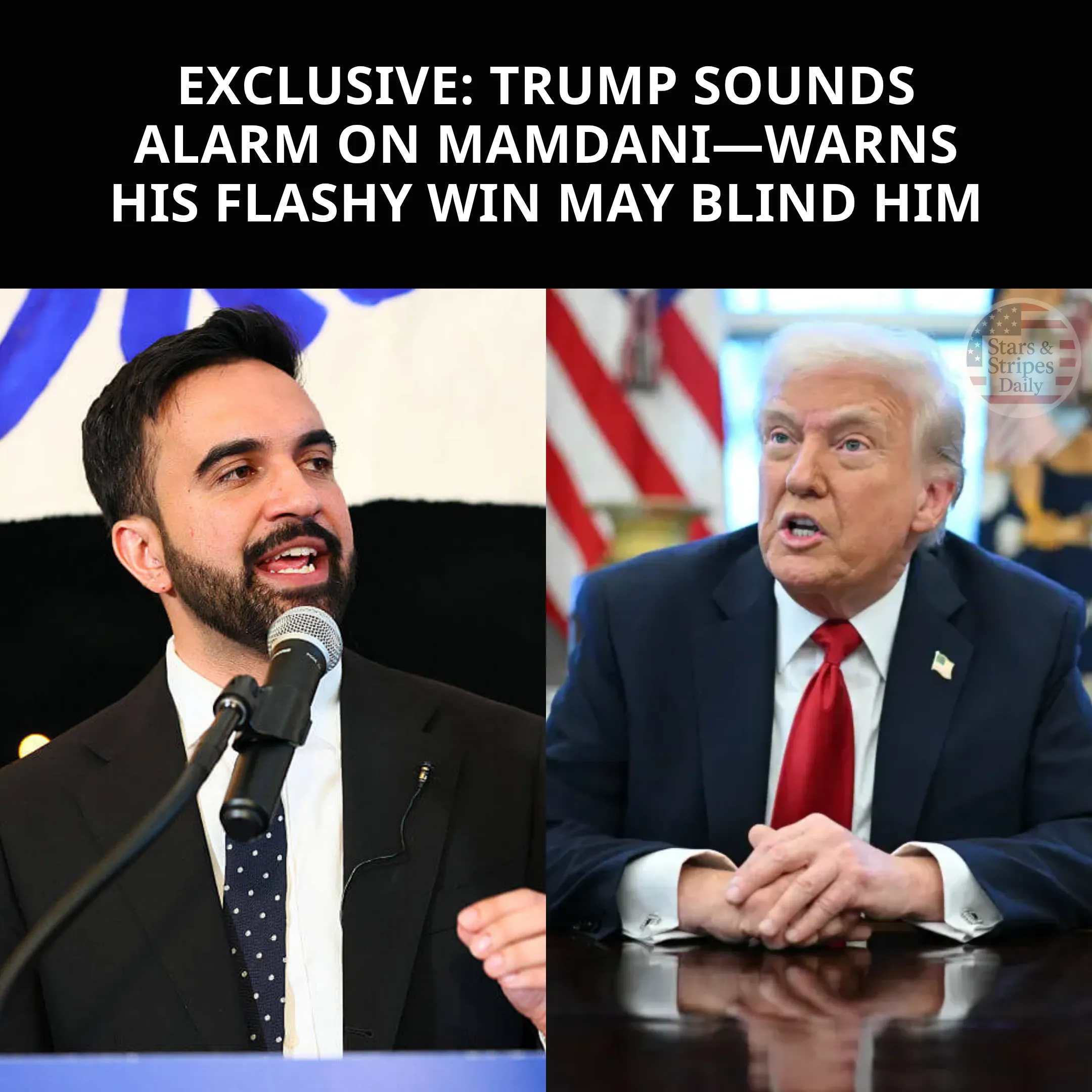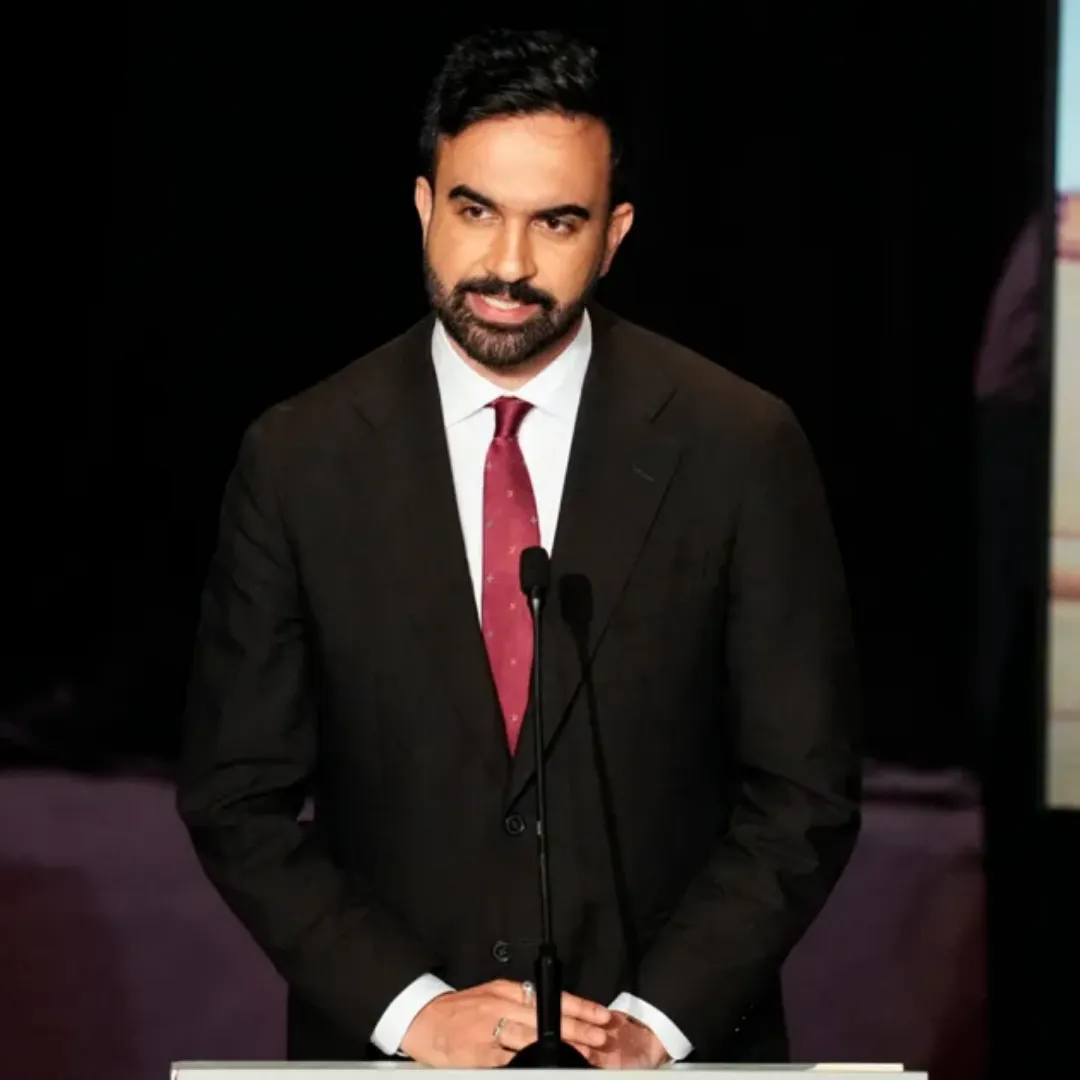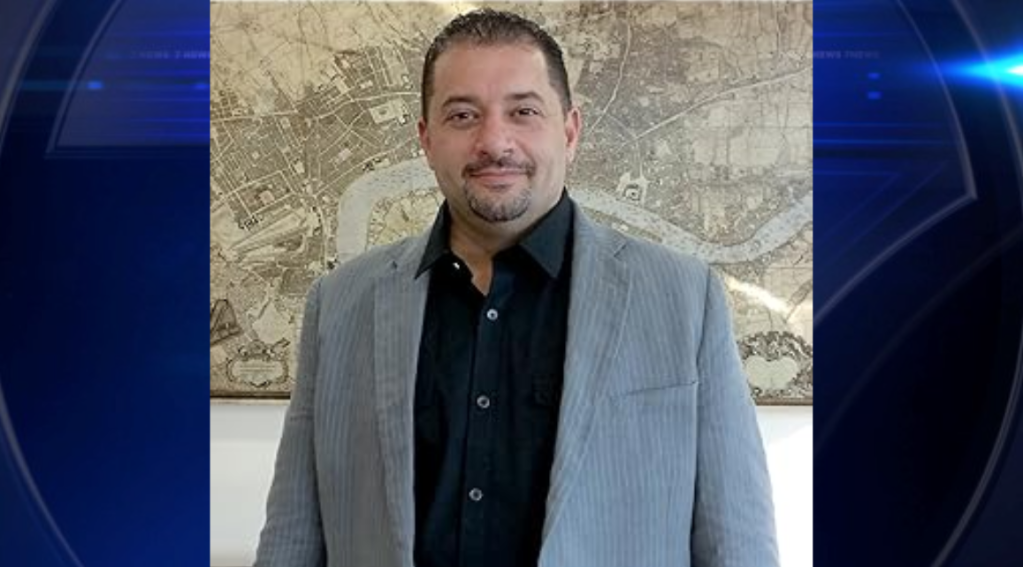
Issa Asad, the 51-year-old CEO of Florida-based telecommunications company Q Link Wireless LLC, was sentenced to five years in prison after pleading guilty to stealing from the federal government’s Lifeline program, known informally as the “Obama phone” program.
The program, which was expanded under President Barack Obama, offers subsidized mobile services to low-income individuals across the United States.
Asad’s sentencing comes as a result of his involvement in a massive conspiracy to defraud the Lifeline program, which was designed to provide affordable phone services to economically disadvantaged Americans.
Alongside his prison term, Asad and Q Link Wireless were required to pay a substantial financial penalty. Together, they will pay over $128 million in fines and reparations, marking this as one of the largest financial penalties ever imposed by the Federal Communications Commission (FCC) for a corporate fraud case.
The Lifeline program, which began in 1985, became a subject of political controversy during the 2012 election cycle when a viral video surfaced showing a woman in Cleveland claiming that she had received an “Obama phone.”
The video quickly spread across social media, helping to popularize the term “Obama phone.” While some telecommunications companies involved with the Lifeline program embraced the moniker, the government itself distanced itself from the term, which became a symbol of political debate over government assistance programs.
The fraud scheme orchestrated by Asad and Q Link Wireless involved submitting false claims to the government for reimbursement, inflating the number of eligible clients to receive the subsidized mobile services.
Between 2012 and 2021, the company misrepresented the number of Lifeline customers it had, and, in some cases, even fabricated client data to claim more money than they were entitled to.
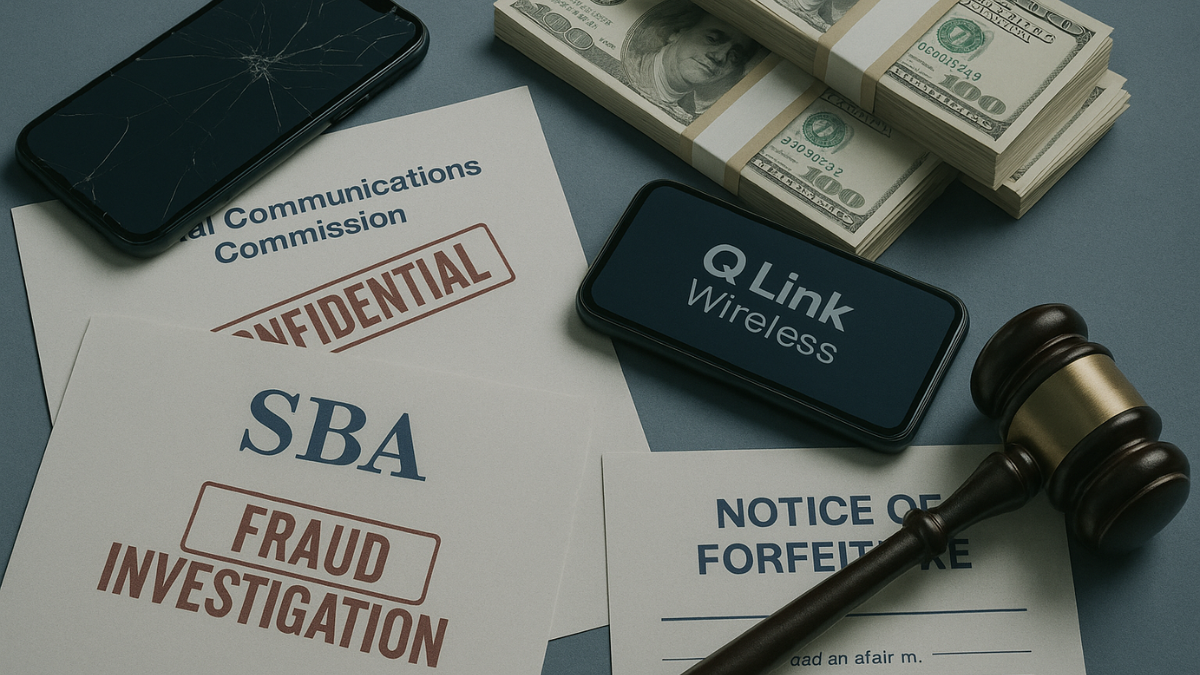
Asad and his company continued this scheme for nearly a decade, deliberately stealing federal funds that were supposed to support low-income Americans in need of affordable phone services.
In addition to the fraud scheme surrounding the Lifeline program, Asad also pled guilty to money laundering related to the Paycheck Protection Program (PPP), a federal loan program designed to help small businesses survive during the COVID-19 pandemic.
Asad illegally used funds from the PPP loan to cover personal expenses, including purchasing a Land Rover, paying his property taxes, and funding personal credit card bills.
The DOJ also found that Asad used the money for building a house and buying luxury items like jewelry and university gifts, all of which were unrelated to the purpose of the government assistance program.
As a result of these offenses, Asad and Q Link Wireless were ordered to pay over $110 million in reparations to the Federal Communications Commission for their fraudulent activities involving the Lifeline program.
Additionally, Asad paid a criminal fine of nearly $17.5 million, which covers the profits derived from his company’s fraudulent schemes. Asad also paid approximately $1.7 million to the Small Business Administration in restitution for his role in misusing PPP loan funds.
This case marks a significant development in the fight against corporate fraud and government assistance abuse. The financial penalties imposed on Asad and his company underscore the severity of the crime and send a clear message that such misconduct will not go unpunished.
The Justice Department, along with the FCC, IRS, and other law enforcement agencies, has emphasized the importance of holding individuals and companies accountable for defrauding vital government programs that are designed to help those in need.
U.S. Attorney Hayden P. O’Byrne for the Southern District of Florida expressed his disappointment in the actions of Asad and Q Link, stating, “Issa Asad and his company, Q Link Wireless, deliberately scammed two vital government programs aimed at supporting people and companies in economic distress, wrongfully diverting hundreds of millions of dollars for their personal benefit and gain, all while impeding the government’s capacity to assist those who genuinely required the help.”
The investigation into Asad’s fraudulent activities involved a combination of financial forensics and law enforcement collaboration. Executive Special Agent in Charge Kareem Carter of the Internal Revenue Service Criminal Investigation (IRS-CI) Washington, D.C., Field Office, referred to the case as “a brazen scheme of staggering proportions,” adding, “Mr. Asad prioritized his own greed, stealing $100 million from taxpayers. Today’s sentencing sends a clear message that our Global Illicit Financial Team and our law enforcement partners remain vigilant and will vigorously pursue those who attempt to enrich themselves through fraudulent means.”
Asad’s criminal history also surfaced during the legal proceedings. In 2014, he was charged with murder after allegedly running over a groundskeeper at his business over a dispute regarding a $65 payment for lawn services.
Asad later pled not guilty to the charge of felony murder and received probation. This violent incident from his past raised further concerns about Asad’s character and business practices, adding a layer of complexity to the fraud case.
Inspector General Fara Damelin of the FCC’s Office of Inspector General also commented on the significance of the case. “Q Link and Asad stole funds from a key FCC program meant to serve low-income households,” Damelin said. “This sentencing sends an important message that egregious criminal misconduct against FCC programs will not go unanswered.”
The impact of this case reaches far beyond the individual actions of Asad. It highlights a much larger issue of fraud in government assistance programs that were designed to help vulnerable populations.
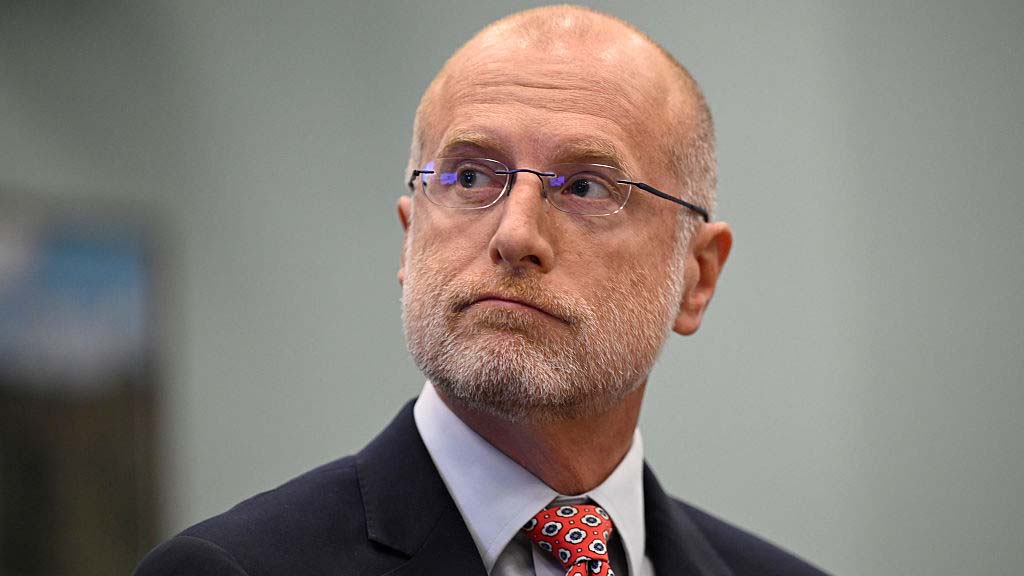
The Lifeline program is intended to provide low-income Americans with the means to communicate and stay connected, an essential service that has become even more critical during the COVID-19 pandemic.
By exploiting this program for personal gain, Asad and Q Link Wireless not only violated the trust of the American people but also undermined a vital resource for those who need it most.
The sentencing of Issa Asad serves as a reminder of the potential for fraud within government assistance programs and the importance of vigilance in safeguarding taxpayer funds.
It also emphasizes the responsibility of businesses to uphold ethical standards and comply with legal guidelines, particularly when they are entrusted with public resources meant for the common good.
The decision to impose such severe penalties on Asad reflects the Justice Department’s commitment to addressing corporate fraud and ensuring that individuals who exploit government programs for personal enrichment face appropriate consequences.
Asad’s actions have had a lasting impact on the integrity of the Lifeline program, but the resolution of this case sends a strong message that such crimes will not be tolerated.
Moving forward, law enforcement and regulatory agencies will likely continue to scrutinize companies involved in government assistance programs to prevent similar fraud schemes from occurring.
The case of Q Link Wireless and Issa Asad serves as a cautionary tale for others in the telecommunications industry and beyond, underscoring the importance of transparency, accountability, and ethical conduct in business practices.

For now, Asad’s prison sentence and the financial penalties imposed on him and his company mark the end of one chapter in a long-running fraud case, but it also sets the stage for further investigations into corporate misconduct in government programs.
The repercussions of this case will likely be felt for years to come, as both the public and government agencies work to ensure that resources are allocated to those who truly need them.



